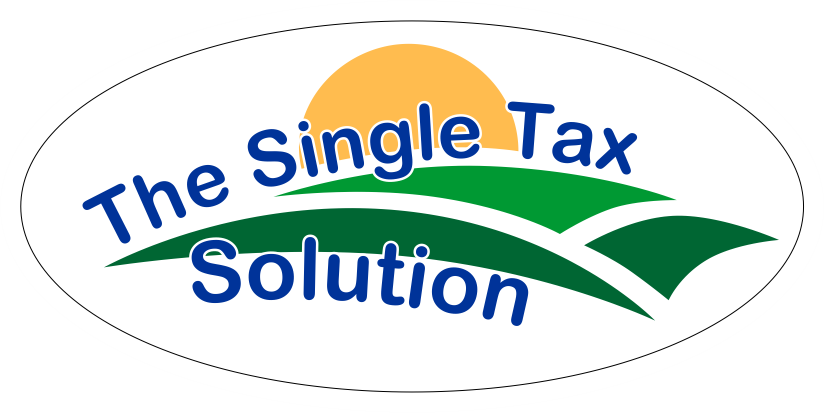
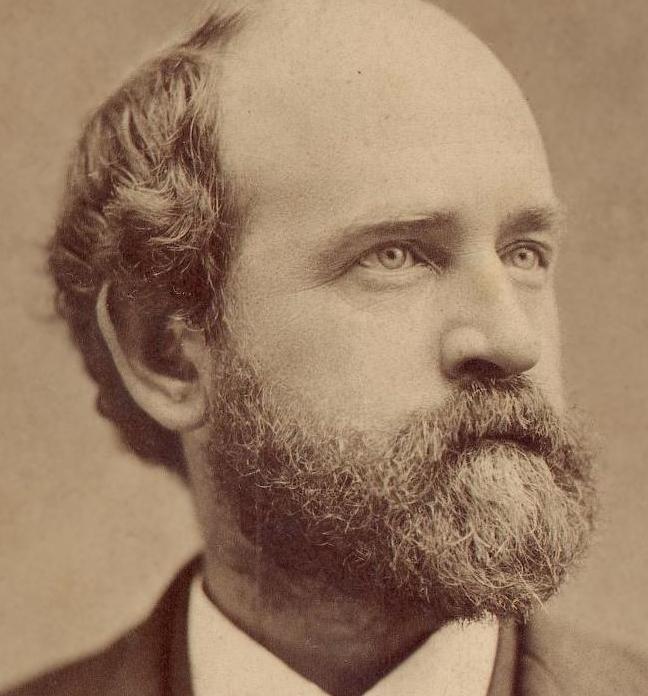
"The great cause of inequality in the distribution of wealth is inequality in the ownership of land. The ownership of land is the great fundamental fact which ultimately determines the social, the political, and consequently the intellectual and moral condition of a people.” ― Henry George - Progress and Poverty.
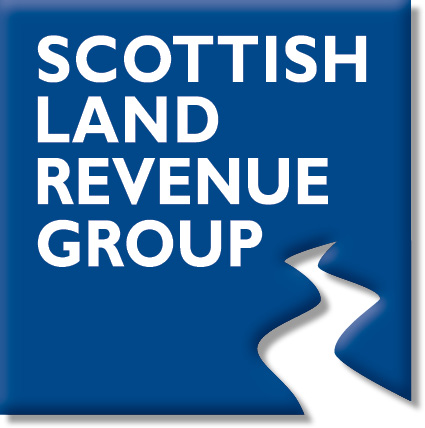
The activities of this group include lobbying government to implement Annual Ground Rent (AGR) - an alternative name to Land Value Tax - based on the idea that the word "tax" can have negative connotations. Much of the activities and ideas stem from the renowned author and economist Fred Harrison. They also have a Facebook page here.

"This package of reforms would achieve multiple economic and social objectives: a gradual redistribution of locked in “land wealth” to the wider population; near eradication of the housing market as a form of speculation; and strong incentives to maximise efficient use of all the country’s housing stock"
"Because most of the original contributors are retired or have died, the main function of the web site is now as a resource library covering most aspects of land value taxation. The quantity and diversity of the material, means that it no longer fits neatly into tidy categories. The use of the search box facility is therefore recommended as a starting point. If you are unable to find what you are looking for, please feel free to use the “contact” facility."
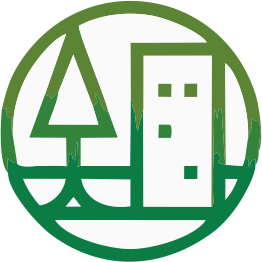
"Land values have increased more than 450% since 1995, outstripping the growth of assets on the land by a considerable margin. This has led many people to question how the benefits from increasing land values are distributed – and whether more needs to be done to ensure that the gains from rising land value benefit society as a whole."
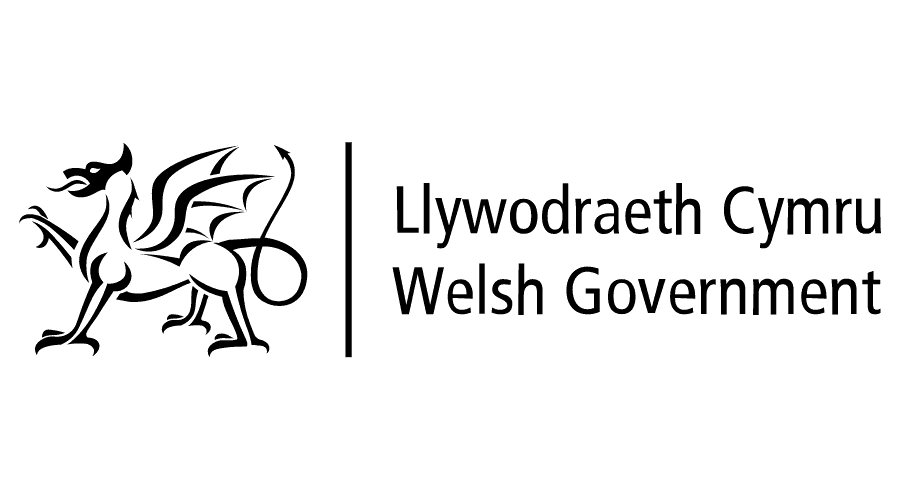
"A local land value tax (LVT) in Wales could raise sufficient revenues to replace the current local taxes. A uniform national LVT rate of 1.41% on residential land would be sufficient to raise the same revenues as are currently raised by council tax."

"On a trip to New York in the late 1860s the journalist Henry George was puzzled. He found the rapidly growing city to be a place of unimaginable wealth. Yet it also contained deeper poverty than the less-developed West Coast. How could this be? George had an epiphany. Too much of the wealth of New York was being extracted by landowners, who did nothing to contribute to the development of the city, but could extract its riches via rents. The problem could be solved by a tax on land values." You will need to log in to read this article.

"...In theory, it is not just an excellent tax but the best of all possible taxes. Once the initial valuations have been done, it is phenomenally easy to collect and all but impossible to avoid. It also discourages speculation and stops in its tracks the endless cycle of investment in land and property purely to rent it out."
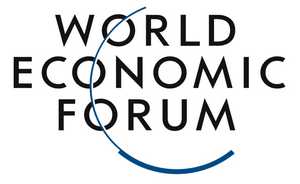
"...communities might see the supply of housing in their area increase. Neighbourhoods which previously had lots of empty properties could be revitalized."

"...communities might see the supply of housing in their area increase. Neighbourhoods which previously had lots of empty properties could be revitalized."

"The report by the Scottish Government’s own Social Justice and Fairness Commission in June 2021 urged the introduction of land value taxation (LVT) as part of a reform to replace council tax, business rates and Land and Building Transaction Tax."


"In Scotland, the concept of LVT is finding favour not only within SNP circles. It is also supported by the Scottish Green party and by some within the Scottish Liberal Democrat and Scottish Labour parties. There is also a degree of support for LVT at a UK level. LVT is not a hypothetical fiscal concept of limited academic interest. It may actually happen."

"City officials in Detroit are considering a proposal to adopt a land-value tax, a measure that would significantly raise taxes on vacant land while giving building owners, including homeowners, a tax break..."

"Reforming Detroit’s property tax system by taxing land at a higher rate than buildings would help to revive the local economy and reduce tax bills for nearly every homeowner..."
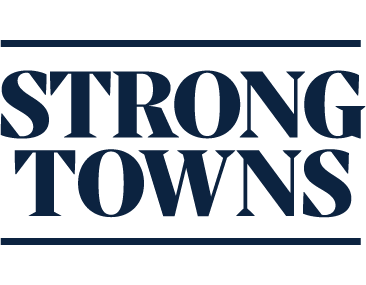
"...the City of Harrisburg was considered the second most distressed in the United States twelve years ago under the Federal distress criteria. Since then, over $1.2 billion new investment has occurred here, reversing nearly three decades of very serious previous decline. The two-rate system has been and continues to be one of the key local policies that has been factored into this initial economic success here."
"The city of Allentown adopted LVT in 1996, establishing dual tax rates of 5.038% on land value and 1.072% on building value."
"...Construction returned to the city: the number of taxable building permits surged past neighboring Bethlehem, market investment returned, and capital improvement reappeared in city budgets. Tax burdens on productive work and business declined. The losers in this trade were absentee owners of vacant lots, who had to shoulder much more of the burden."
"...We have an aging demographic, like the county, region and the state. Taxpayers everywhere are less able to keep up with taxes, and that hurts revenue. LVT helps us mitigate the impact both to them and the city. It’s a win/win."
"The value of land is collectively, publicly created. But private landowners can appropriate this publicly-created value regardless of whether or not they put it to productive use. In other words, they don’t have to contribute to the good party going on around them."
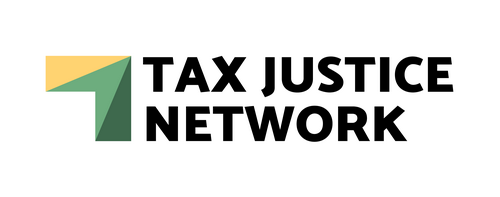
"The Tax Justice Network believes our tax and financial systems are our most powerful tools for creating a just society that gives equal weight to the needs of everyone..."
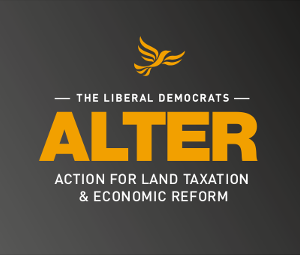
In summary, Land Value Tax is pro-enterprise and green. Its introduction would allow other taxes to be reduced; especially those on income and profits. Enterprise would be better rewarded

There is link in the first line of this text that connects to a page written in German with no translation. If you are keen to read it I have a translation here.